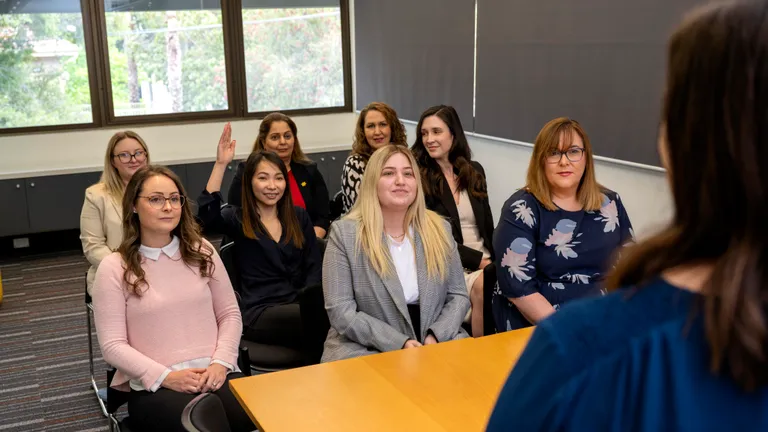
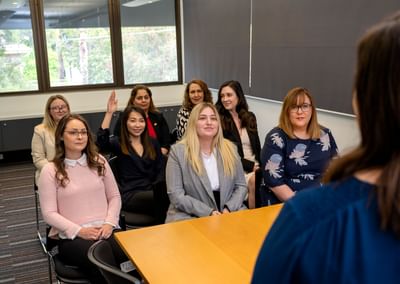
Forums and workshops
Cancer Council SA’s forums give health professionals and community members the chance to hear about the latest research and up to date information on a range of cancer types and related topics. Sessions may explore cancer prevention and treatment options, strategies for living well during and after cancer, and the support services available to patients, carers and families.
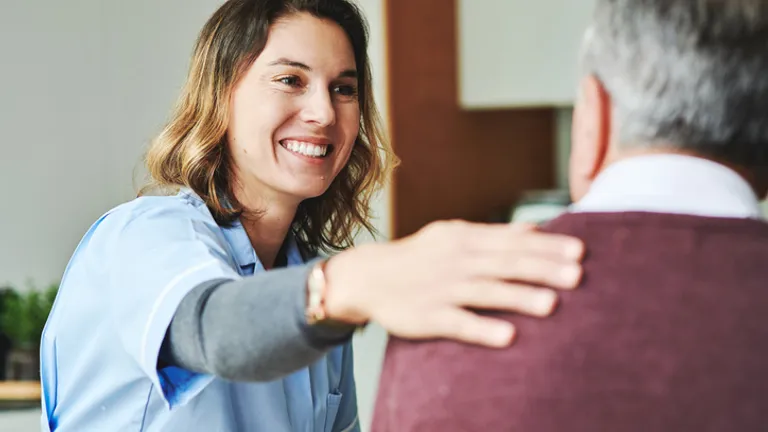

Optimal care pathways
The optimal cancer care pathways (OCPs) describe best practice cancer care. They are designed to promote a full understanding of the patient experience and to foster evidenced based, quality cancer care from the point of diagnosis onwards.


Online learning
Cancer Council offers a range of free online learning modules and webinars designed for GPs and nurses to strengthen knowledge of cancer and the role of health professionals in prevention, early detection, treatment and supportive care. Alongside our own resources, we connect you with trusted organisations and accredited education activities that provide up-to-date, evidence-based information to support your practice.
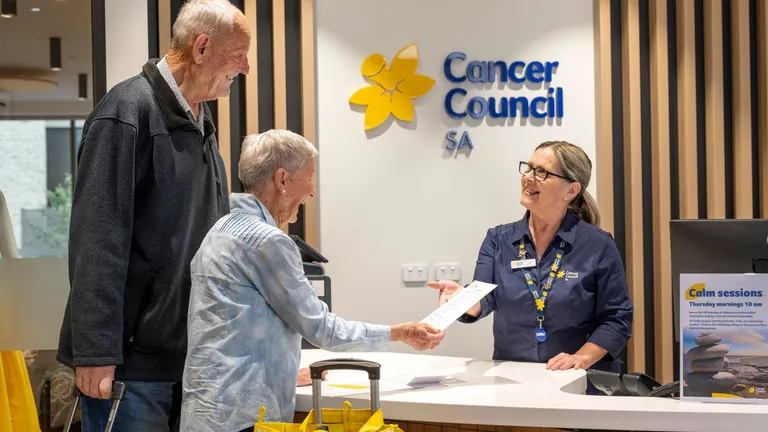
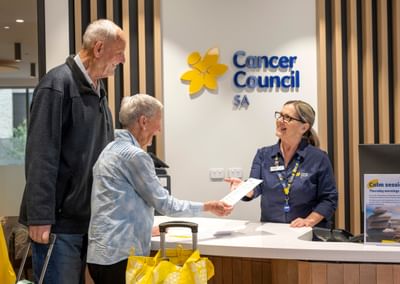
Supporting regional patients
Regional cancer patients and their families experience a number of additional stressors when undergoing cancer treatment. As a health professional, you’re there to provide medical support, advice and guidance during this overwhelming time. We’ve put together some helpful information to help you best support your regional cancer patients and their unique needs.